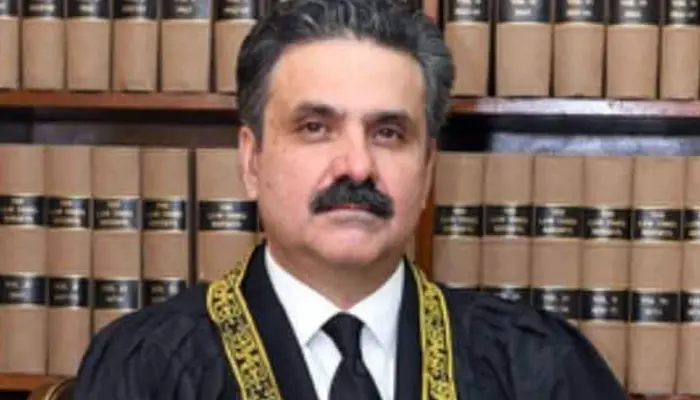Islamabad, January 13: Chief Justice of Pakistan (CJP) Yahya Afridi emphasized the Supreme Court’s collective harmony and ongoing judicial reforms during a meeting with the Press Association of the Supreme Court. He declared that the era of judges taking opposing positions is over, underscoring the judiciary’s commitment to independence and collaboration.
Judges United in Purpose
Speaking about the environment within the Supreme Court, CJP Afridi noted that all judges now work together in a cordial and professional atmosphere. He stressed that no judge imposes their views on others, and collective wisdom drives decisions. The chief justice further affirmed that judges are independent and should not be “bracketed” into specific groups or ideologies.
Constructive Criticism Welcomed
CJP Afridi welcomed criticism from the media but called for it to be constructive. He stated that healthy critique of judgments and judicial conduct can promote improvement, provided it serves a better cause and respects the institution.
Progress on Case Backlog
The chief justice highlighted a significant milestone—disposing of over 8,000 cases in a short period. Despite this achievement, he expressed concern over prolonged litigation, especially the grievances of inmates awaiting justice in prisons. He assured that ongoing reforms will further reduce case backlogs through effective case management and the use of technology.
IT Integration for Transparency
CJP Afridi outlined plans to integrate technology into judicial processes. Through IT systems, litigants will receive updates on their cases via email and WhatsApp, ensuring transparency and better communication. He expressed confidence that these measures will streamline court operations and improve public trust in the judiciary.
Judicial Reforms in Progress
The chief justice elaborated on his broader reforms agenda. He announced the creation of special benches for tax and criminal cases and promised free legal aid for deserving litigants at the district level. Efforts are also underway to introduce an efficient mechanism for hearing urgent petitions, making the judicial system more accessible and fair.
Alternative Dispute Resolution (ADR)
CJP Afridi acknowledged Justice Mansoor Ali Shah’s contributions to the Alternative Dispute Resolution (ADR) system. He revealed plans to launch ADR in Islamabad soon, with gradual expansion across the country. The ADR initiative aims to provide quick and amicable resolutions to disputes, easing the burden on courts.
Respect for Lower Courts
Addressing the role of lower courts, CJP Afridi reiterated the Supreme Court’s non-interference in the affairs of the district judiciary, which operates under high courts. He expressed his respect for high courts and district judges, emphasizing their importance in delivering justice at the grassroots level.
Supreme Judicial Council Updates
The chief justice provided updates on the Supreme Judicial Council (SJC), where proceedings against some judges are ongoing. He assured transparency and adherence to due process in these cases.
CJP Afridi concluded by affirming the judiciary’s commitment to strengthening the justice system and fostering public confidence. With continued reforms and unity among judges, the courts aim to deliver timely and impartial justice across the country.
Follow us on Google News, Instagram, YouTube, Facebook,Whats App, and TikTok for latest updates
